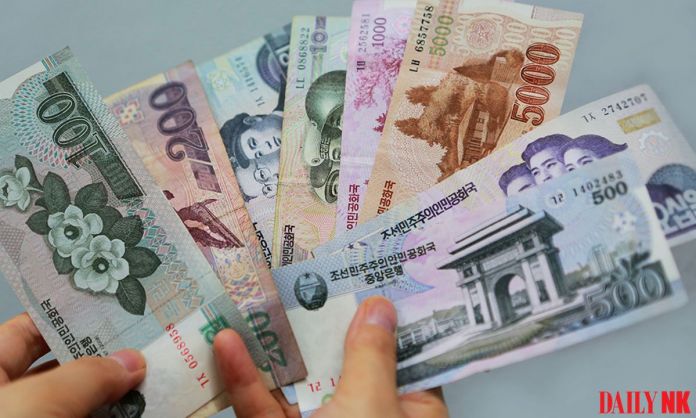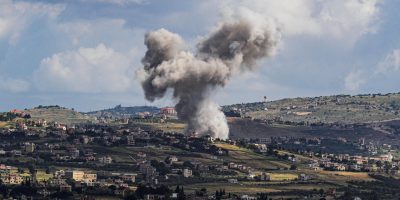North Korean police in the city of Hyesan, Ryanggang province, have recently orchestrated a clampdown on money changers who trade foreign currency on the streets.
While the crackdown is designed to stop individuals from trading foreign currency off the record, it focuses on vulnerable street-level money changers rather than the kingpins who process large amounts of money behind the scenes.
“The Hyesan police have been vigorously policing foreign currency deals on the city streets since mid-October. They used to content themselves with shooing away clusters of money changers or letting them off in exchange for cigarettes or other bribes. But nowadays, plainclothes officers have been arresting money changers on sight and sending them off to labor camps,” a source in Ryanggang province told Daily NK on recently.
According to the source, police have been nabbing one or two street-level money changers every day since Oct. 20. Three individuals caught Oct. 25 were hustled off to a camp where they are currently performing forced labor.
“Money changers who are just minding their own business on the street are being shipped off to labor camps with no recourse. The police don’t dare go after the big fish who manipulate vast sums from the comfort of their homes because they have financial resources and powerful friends. Instead, the police are picking off small fry who are hardly worth the trouble,” the source said.
Pandemic impact lingers
These low-level money changers hang around on the street until somebody shows up who wants to sell foreign currency. Then they move somewhere out of the way — an apartment stairwell or alleyway, for example — to conduct the transaction. At the end of each day, these foot soldiers report to the kingpins to sell the foreign currency they have purchased for a modest profit.
Prior to the pandemic, many North Koreans sought to trade foreign currency because private smuggling was so rampant. But after smuggling was curtailed during the pandemic, demand for money changing plummeted, reportedly leaving street-level money changers in the lurch.
Since the North Korean regime has recently lowered the boom on unofficial foreign currency transactions, potential customers have stopped frequenting the corners where money changers once gathered.
That has led some street-level money changers to move into other industries, convinced they can no longer make a steady living in their former business.
“While some money changers are adopting a new line of work, that’s likely to be a temporary trend. The crackdown on money changers is designed to drive more people to trade foreign currency at government banks, bringing foreign currency under the government’s control. But there are still those who don’t trust government banks, so unofficial transactions facilitated by money changers aren’t about to go away,” the source said.
Adapting to survive
Street-level money changers who have stuck with their work despite the unfavorable conditions are finding other ways to connect with customers.
“Since money changers are liable to be apprehended and sent to a labor camp if they gather at the usual place, many are shaking up their business practices. Instead of loitering on the street, they’re taking phone calls at home or in other clandestine locations. They wait around inside until a call comes and then they head out for the transaction,” the source explained.
The downside, however, is that this practice brings in less money than operating at the street level, and some days go by without any transactions at all.
“Street-level money changers were already struggling, and now they complain that business has gotten even tougher because of stricter policing. Money changers see little chance of their situation improving when the police keep angling for the little guys without tackling the heavy hitters who move real money around,” the source said.
















